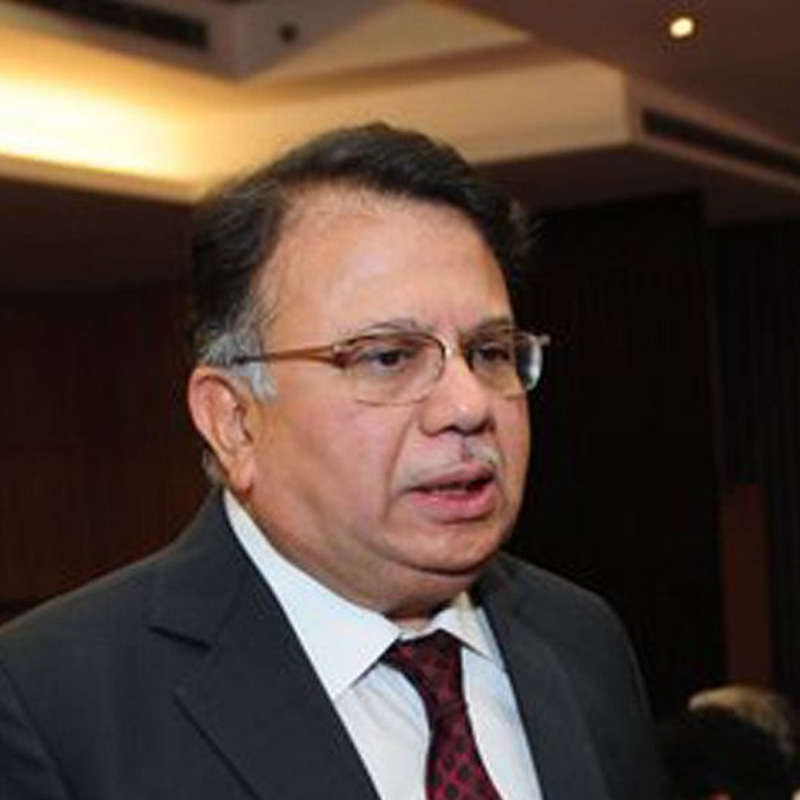GSAT-15 and GSAT-16 get the go ahead from the Cabinet
MUMBAI:Two Indian birds are on the way to Indian skies in the next two to three years (if launch schedules are kept).
NEW DELHI: The Indian government will be punitive on those television channels who tend to flirt with the content norms.
The licence of TV channels who violate the Programme and Advertisement Code on five occasions or more will not be renewed. The Union Cabinet on Friday approved the stricter norms that included the net worth criteria for media companies.
According to the Programme and Advertising Code, programming should not be obscene, vulgar or denigrating to women and children, offensive to a particular community, against national interest or against friendly relations with countries.
The government gives permission to channels to operate in the country for a period of ten years, after which it is renewed.
The decision of the government not to renew licences of television channels found guilty of having violated the Programme and Advertisement Code five or more times came in for severe criticism from several television bodies.
The new guidelines say the period of permission/registration for uplinking/downlinking of channels will be uniform at 10 years, but subject to the condition of violation of five or more times.
The Information and Broadcasting Ministry has also made various amendments in the existing policy to reflect the fast evolving electronic media landscape in the country.
The Broadcast Editors‘ Association (BEA), the apex body of editors of television news channels, strongly criticized the new decision of the government.
BEA President Shazi Zaman and General Secretary N K Singh said in a statement that governments had no role in issues pertaining to content in all democratic nations. The Indian Constitution clearly restricts the government from assuming any such role, the BEA said.
With new norms, government is trying to control an otherwise independent electronic media by sending a subtle message that their permission to uplink can be withdrawn should they not ?behave‘.
"Can content be left to the wisdom of the bureaucrats in a democracy," the BEA asked.
The net result of the new norms would be that an officer of the Government can question an individual channel on content for four times on one pretext or the other, and finally, threaten that channel of non-renewal, should it not fall in line.
The BEA said this move is an attempt to undermine the landmark steps that electronic media has taken towards self-regulation.
The BEA demands that proposed norms be immediately withdrawn otherwise media will be forced to take up this issue on other forums.
Reacting to this stipulation, Indian Broadcasting Foundation Director (Finance) Naresh Chahal said that the directive about violations of the Programme Code did not hold ground when the government has itself recognised the regulatory body of the News Broadcasters Association and the IBF‘s Broadcast Content Complaints Council.
Chahal told indiantelevision.com that the BCCC was hearing complaints not only from the general public but also from the government, and was meeting every fortnight for this purpose. The step to deny renewal of licences to channels who had violated five or more times did not therefore hold any meaning since the regulatory bodies would take action against them.
Furthermore, Justice A P Shah who heads BCCC had earlier told indiantelevision.com that he had the powers to recommend cancellation of licence of an offending channel if it continued to violate the Content Code.

 switch
switch
 switch
switch